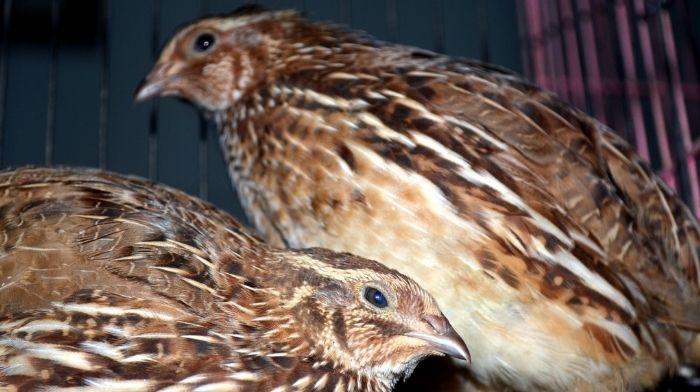
By Adam Andrzejewski for RealClearPolicy
When Japanese quail are coked up, they engage in risky sexual behavior.
Those are the findings of a years-long study at The University of Kentucky, spending $874,503 between 2010 and 2016 — just under $1 million when adjusted for inflation.
The late Sen. Tom Coburn first pointed out this wasteful spending in his 2011 “Wastebook,” and Sen. Rand Paul (R-KY) recently reminded his social media followers of the spending, calling it a federal grant “that perfectly encapsulate everything broken with the federal scientific research subsidization industry.”
RELATED: Why Jihadists Picked Sept. 11 To Attack America
Funded by the National Institute on Drug Abuse at the National Institutes of Health, the study looked at the relationship between cocaine abuse and risky sexual behavior in Japanese quail.
The study was initially given $356,993 in 2011, but the research continued for several years, and another half a million dollars.
What’s most wasteful about the spending is that the researchers were already operating with “preliminary evidence in male Japanese quail that preexposure to cocaine enhances sexual motivation,” according to the NIH’s project information page.
The study was building on previous clinical studies showing “a correlation between cocaine use and risky sexual practices in humans.”
Researchers already had a hypothesis that there is a positive correlation between type of sexual behavior and the amount of cocaine to which the quails were exposed and the frequency of exposure, and yet they felt the need for $1 million worth of additional research on the topic.
Syndicated with permission from RealClearWire.
The #WasteOfTheDay is presented by the forensic auditors at OpenTheBooks.com.
